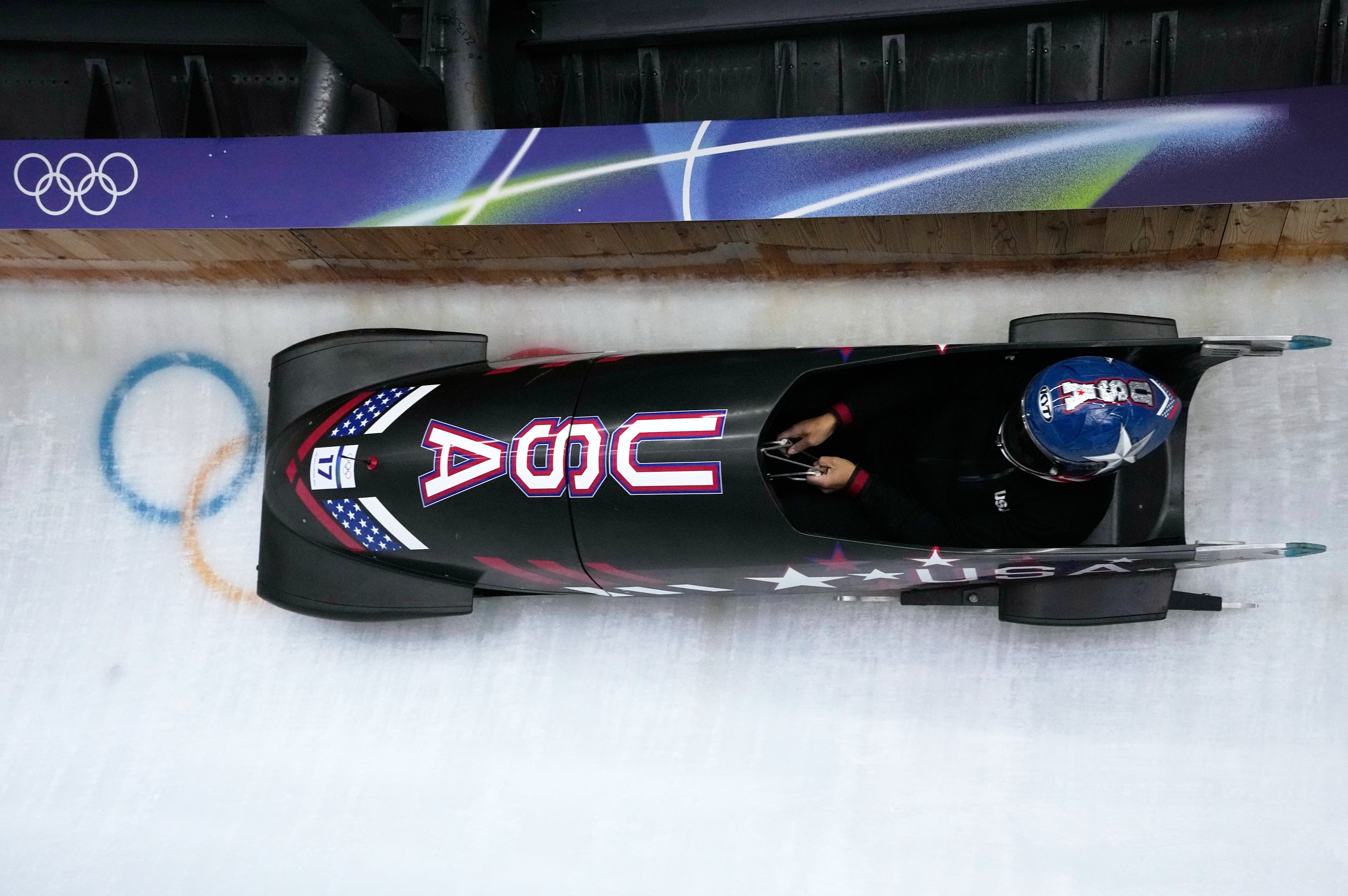Walker’s journey from NBA to Clark Atlanta
Darrell Walker sits in the lobby of the Holiday Inn downtown, smiling and full of enthusiasm. When he wants to make a point, he lowers his chin, takes off his Clark Atlanta baseball hat and looks over his black-rimmed glasses while saying he wants to look his questioner in the eye.
A few blocks away is Philips Arena, where he once led the Wizards as a head coach against the Hawks. On that footprint was the Omni, where Walker once led the Raptors as a head coach.
Walker, 55, has spent most of his adult years as a player, coach, assistant or scout in the NBA.
Now, 1.3 miles from Atlanta’s pro basketball playground, Walker will apply what he learned in a slightly smaller, less-known arena: Clark Atlanta’s under-renovation Epps Gymnasium.
It’s been a long journey from cathedrals such as Boston Garden and Madison Square Garden to a Division II school, but Walker is happy with the destination as the Panthers’ new men’s basketball coach.
“It’s still coaching,” he said. “These kids deserved to be coached, just like any other school.”
Walker had been trying to get into college coaching for years. He said he was among the finalists at Arkansas-Little Rock, located in the city he calls home.
He said each application was met with versions of the same response: great resume, but you’ve never recruited and never coached in college. He eventually found it a little bit insulting because he said recruiting in college is a lot like finding jobs in the NBA: It’s all about who you know.
When he saw the job come open at Clark Atlanta he was intrigued. He had been to the campus many times in the past to visit the African-American art exhibit at its museum because he’s an aficionado and collector.
Walker said his friends told him not to send his resume. They assumed Athletic Director Lin Dawson would think it was a joke.
He didn’t. After sifting through 100 resumes of applicants that included coaches from overseas, Division I assistants, Continental Basketball Association coaches, D-League coaches, Division II head coaches and high school coaches, Dawson said Walker’s resume “popped.”
And he didn’t care that Walker had never coached in college. He didn’t care that he had never before recruited. He never referenced his .331 winning percentage as a head coach.
“I don’t think the normal formulas apply,” Dawson said. “Darrell defies all the rules. I wouldn’t be in my position if all the rules apply. You have to dig deeper than the formula. That’s all we did that other people didn’t do.”
Dawson expects Walker will eventually win championships and will transition from a role model to a mentor, using the skills he developed in professional basketball to positively affect not only the lives of the players, but of the other students on Clark Atlanta’s campus.
Walker’s pitch to recruits will focus on a few areas: education, facilities, location and potential. It will go something like this: Players will go to class and, unless he has at least a 3.0 GPA, will go to study hall. Those who miss can expect a 5 a.m. wake-up call the next day to run. They will graduate. He doesn’t want anyone else to go through what he went through with coming back to school after the first or second phase of a professional career to earn a degree.
He won’t promise playing time, but he won’t recruit a player unless he has potential.
Clark Atlanta is also improving its facilities, a plan that was in place before Walker was hired. Dawson estimated the renovations to the locker rooms, floor and bleachers will cost $300,000.
Lastly, Clark Atlanta is located near the all-female Spelman campus and in a city that Walker loves. He sometimes walks around downtown and is very familiar with the local cuisine, eating at Ted’s around the corner, Chick-fil-A or the neighboring Waffle House.
Walker said has received dozens of calls from players or from people who know players who want to sign out of high school or transfer. Either fits into his plan of recruiting Georgia players because the talent is deep, and they will bring fans, while selectively using transfers.
The playing style will be up-tempo and spread the floor on offense with a trapping, pressing full-court defense backed by a man-to-man half-court scheme. He wants turnovers, something he thrived on creating when he was a player at Arkansas in college and on several teams in the NBA.
“At the end of the day I’m going to be able to recruit,” he said.
Asked if he is humbled by taking a job at a Division II school after so many years in the NBA.
He smiles and looks over the top of his glasses.
“I’m looking forward to being on sideline and back in practice,” he said.



